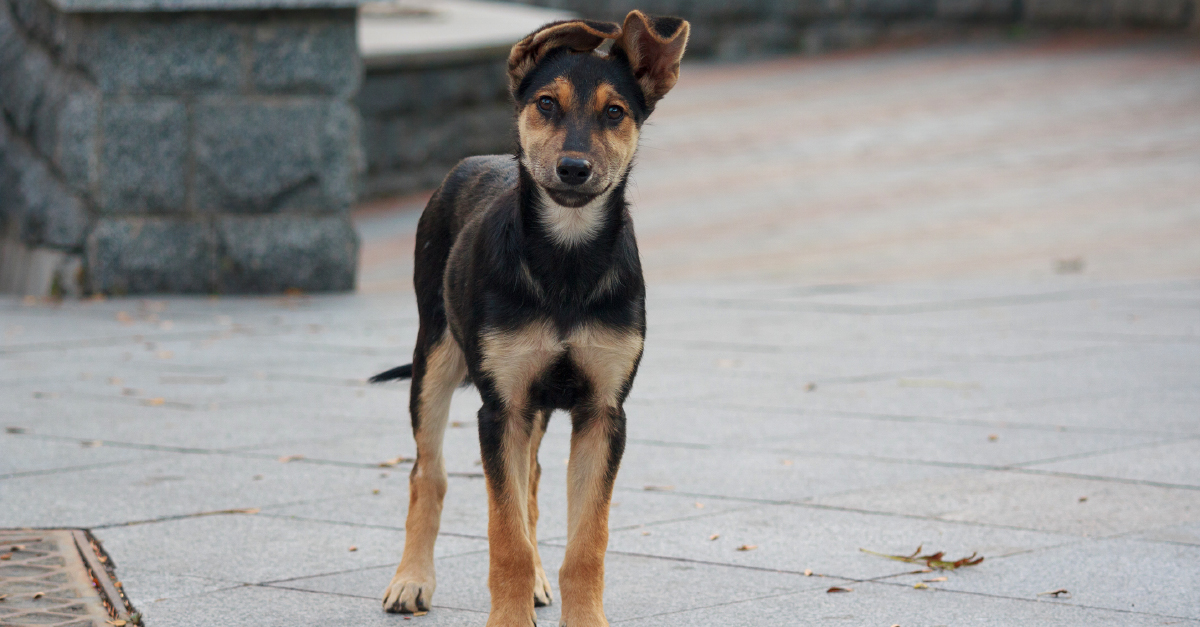
Being prepared to help an animal in need can be as simple as keeping a few basic supplies in your car. Animal lovers want to help when they see a loose dog wandering the neighbourhood on a hot day, or a squirrel with an injured limb unable to climb a tree – and with these five items in your car, you’ll be ready to do just that:
- Crates or boxes. Most dog crates or small animal transport boxes can be flattened to lay at the base of your trunk, and kept out of the way until they’re needed. Having a safe way to transport animals is vital, particularly if they’re unhappy with you for moving them (even though it’s in their best interest).
- Gloves and towels. The risk of disease is always a concern when handling unknown animals, be they domestic or wild. A pair of medical gloves and one or two towels with which to touch animals (particularly species that can easily transfer illnesses like bats) is important. The towel can also be used to create bedding in the crate or box, cover the box to keep animals dark and less afraid, warm and dry animals, and to help manage injuries.
- Food and water. It’s never advisable to feed wildlife, and dogs and cats you don’t know shouldn’t be given food without first being examined (it could exacerbate a condition or injury). Providing water is a good idea, however, and having food with which to try and lure a dog or cat into safety or away from danger is appropriate.
- First aid kit. It’s a good idea to have a first aid kit in your car, both for yourself and for the animals. You can build your own (gauze, vet wrap, tape antibiotic creams and antiseptics, scissors, bandages, syringes for flushing injuries, Benadryl and Gas-X, etc.), or find premade ones available from some SPCAs and veterinary offices.
- A leash. It’s maybe the simplest, and the most valuable, item you can have when trying to help animals, particularly dogs. From simple slip leads made out of coiled rope to fancy store-bought leashes with adjustable loops or collars, it can literally make the difference in a dog being injured on the side of the road, or getting home safe.
The Fur-Bearers advise against approaching unknown animals, even dogs and cats, without appropriate training or authorization. If you do see orphaned or injured wildlife, please contact a wildlife rehabilitator before doing anything else. If you see a loose dog or cat, contact local animal services.
We can all make a difference in the world around us – and it starts with education and being prepared to make compassionate choices.
monthly donor(for as little as $10/month – the cost of two lattes) pleaseclick hereand help us save lives today.

